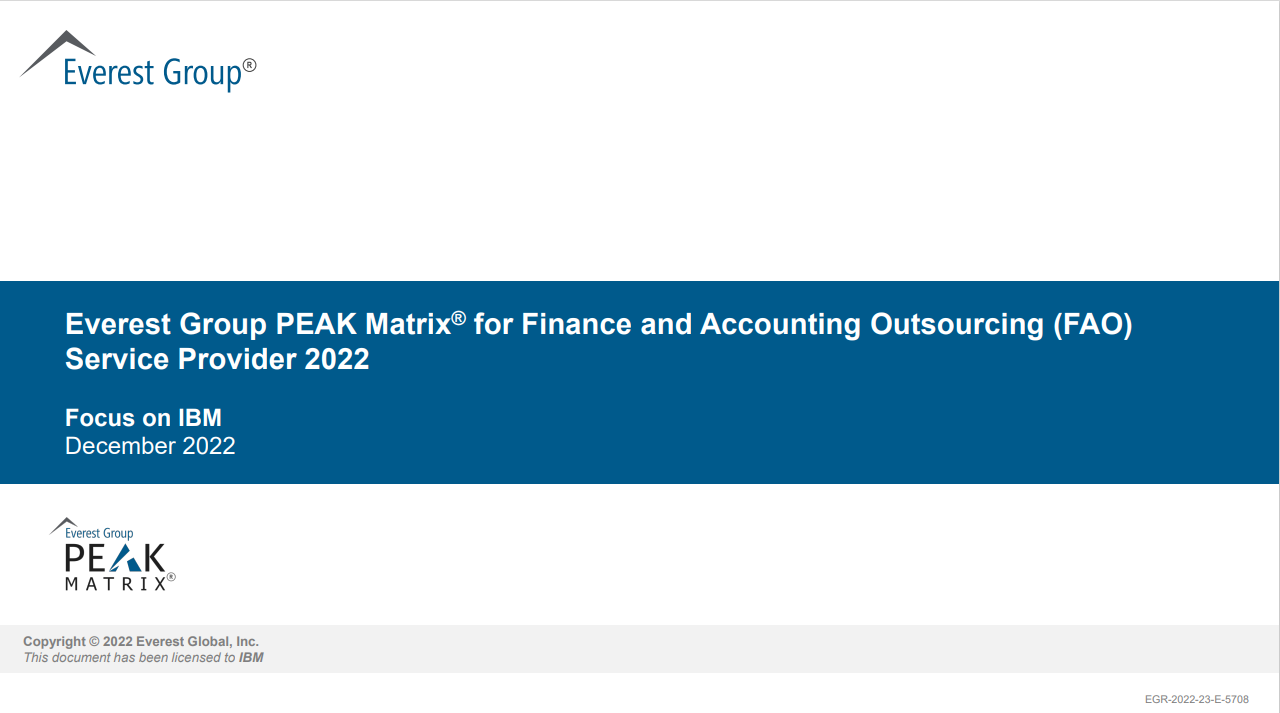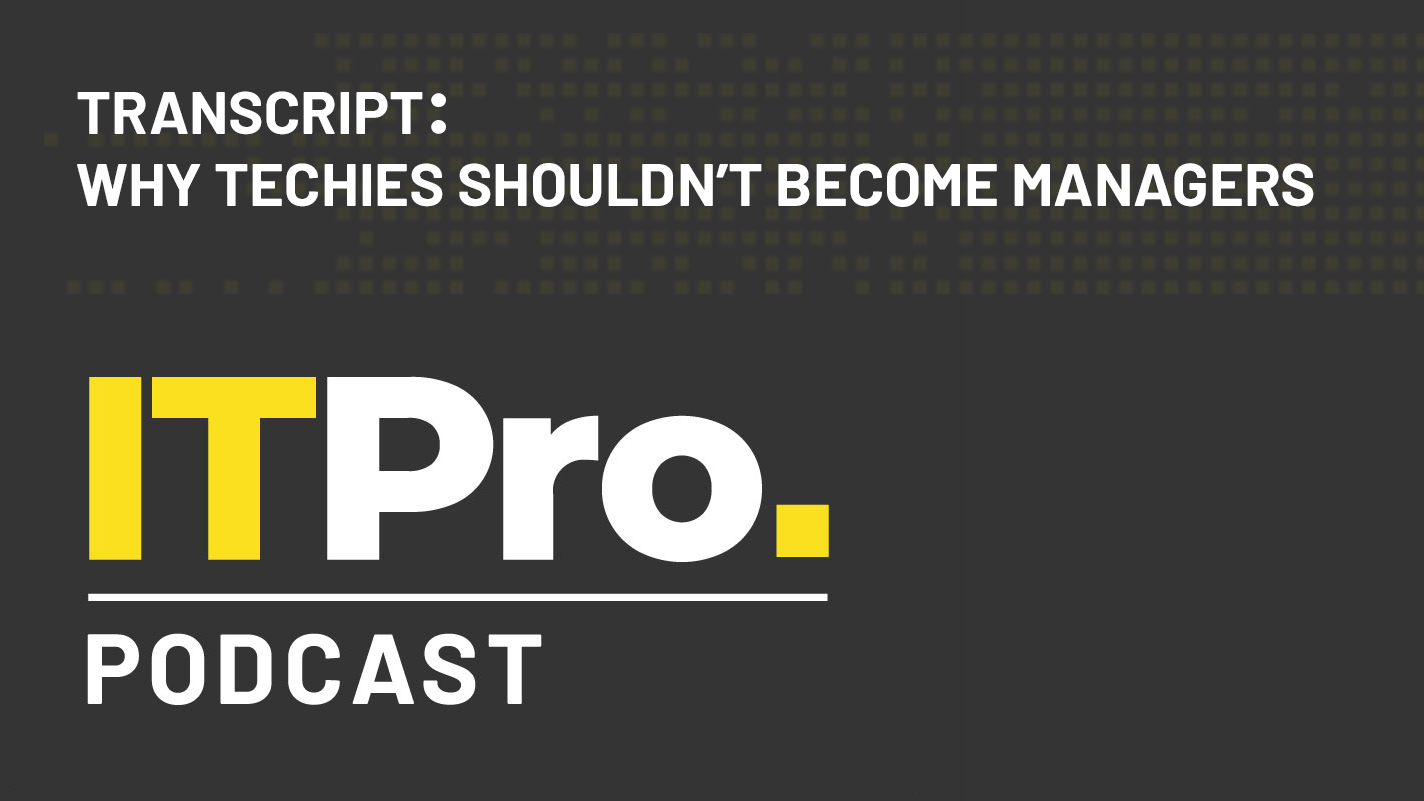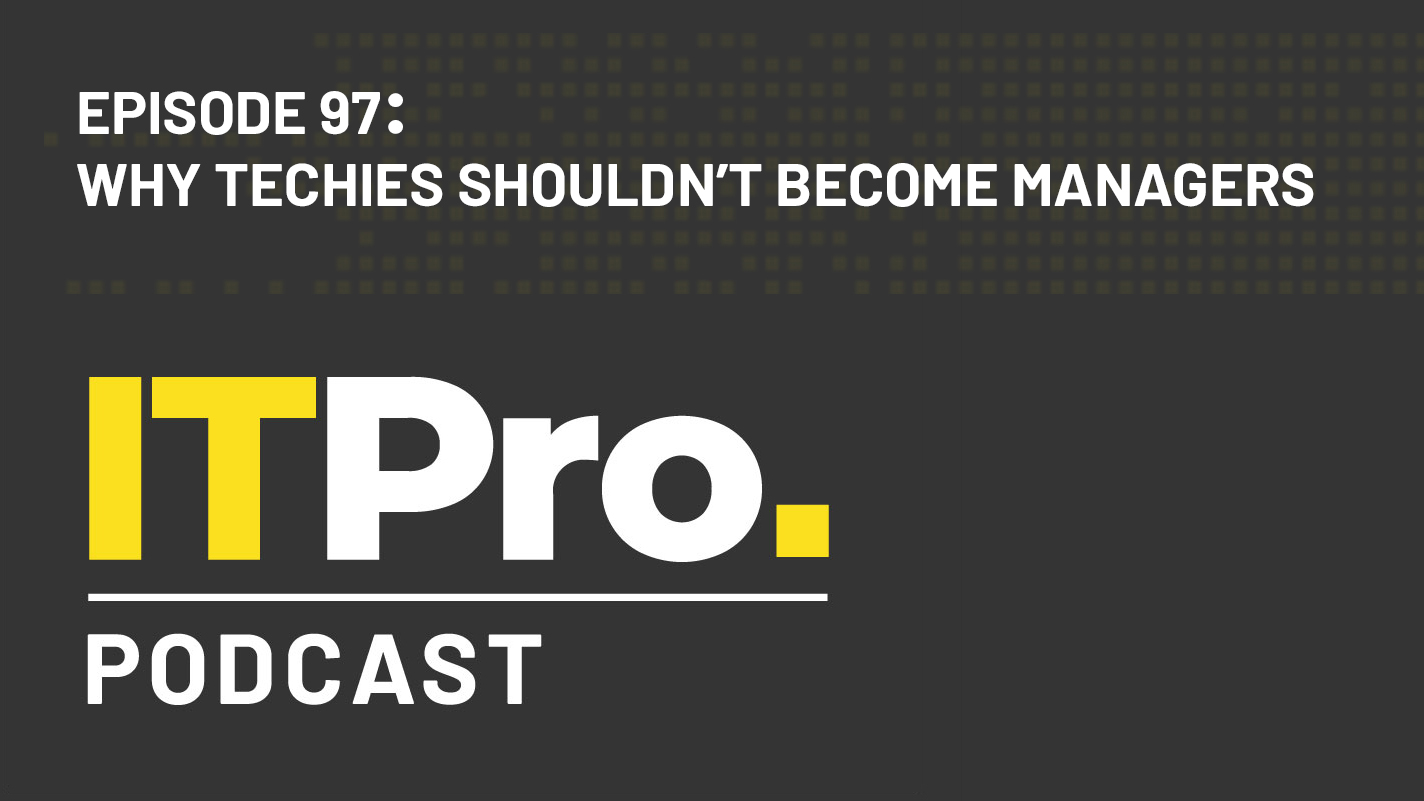Capita outsources jobs to robots, despite own report saying nothing to fear
IT outsourcing firm will hand more than 2,000 jobs to robots as it fights "headwinds"


Don't think robots will take your job? Tell that to Capita employees.
The outsourcing company is slashing 2,250 UK jobs after posting another profit warning, with 200 of the roles headed to India and others automated to hand to robots.
Capita manages a host of public sector projects, including collecting the BBC licence fee and overseeing the London congestion charge, but has struggled as clients cut their spending due to "near-term headwinds".
CEO Andy Parker said in the Guardian that robotic staff don't remove the need for humans entirely, but will speed up how they work and require fewer employees. "They can then do ten times the amount they used to, so you need less people to do the same amount of work," he added.
Academics have predicted as many as a third of existing jobs will be lost to robots and automation in the coming years, but a Capita report released at the end of last month ironically suggested that 85% of employers believe workplace automation will create more jobs that it will replace.
The perhaps poorly timed report, called "Workplace More Human", admitted 72% of workers surveyed were afraid of downsides losing their jobs or "de-socialisation" of the workplace. However, a quote from Capita Resourcing managing director Jo Matkin said: "Automation holds considerable advantages for companies and employees alike. Yet employee fears and concerns could present a significant barrier to realising its full potential."
With the now-announced job cuts, it appears those surveyed workers were right to have some fears. Capita hasn't said exactly what types of jobs are at risk, detailing in a pre-trading update that it would invest "in a proprietary robotic solution to achieve scale automation across some of our operations and, more significantly, to deliver benefits to new clients".
Sign up today and you will receive a free copy of our Future Focus 2025 report - the leading guidance on AI, cybersecurity and other IT challenges as per 700+ senior executives
Alongside the job cuts, Capita said it will sell its asset services division, as the wider company's shares fell to their lowest in a decade.
Parker didn't directly pin the company's troubles on Brexit, but said spending was falling this year - particularly at its IT services division. "There's been a fall away in what we would call discretionary spend, like training and (providing) employee benefits. People are delaying making decisions on implementing technology, so there is a whole host of things going on," he told Reuters.
Freelance journalist Nicole Kobie first started writing for ITPro in 2007, with bylines in New Scientist, Wired, PC Pro and many more.
Nicole the author of a book about the history of technology, The Long History of the Future.
-
 Microsoft unveils Maia 200 accelerator, claiming better performance per dollar than Amazon and Google
Microsoft unveils Maia 200 accelerator, claiming better performance per dollar than Amazon and GoogleNews The launch of Microsoft’s second-generation silicon solidifies its mission to scale AI workloads and directly control more of its infrastructure
-
 Infosys expands Swiss footprint with new Zurich office
Infosys expands Swiss footprint with new Zurich officeNews The firm has relocated its Swiss headquarters to support partners delivering AI-led digital transformation
-
 Magic quadrant for finance and accounting business process outsourcing 2024
Magic quadrant for finance and accounting business process outsourcing 2024whitepaper Evaluate BPO providers’ ability to reduce costs
-
 Capita CEO to be replaced by AWS exec
Capita CEO to be replaced by AWS execNews Jon Lewis is leaving Capita after more than five years
-
 Everest Group PEAK Matrix® for Finance and Accounting Outsourcing (FAO) service providers 2022
Everest Group PEAK Matrix® for Finance and Accounting Outsourcing (FAO) service providers 2022Whitepaper Understanding and assessing FAO service providers based on their vision & capabilities and impact on the FAO market
-
 Botched IT upgrade inadvertently cuts pay for Next employees
Botched IT upgrade inadvertently cuts pay for Next employeesNews Salary issues have dogged the retailer since February after it outsourced payroll to Oracle
-
 IT Pro Panel: Tackling technical recruitment
IT Pro Panel: Tackling technical recruitmentIT Pro Panel With the recruitment market shifting, how can businesses both retain their best staff and fill gaping talent shortages?
-
 HCL Technologies accused of underpaying H-1B workers by $95 million per year
HCL Technologies accused of underpaying H-1B workers by $95 million per yearNews Report claims the Indian IT outsourcing firm has committed wage theft and called on the federal government to curb abuses of the visa programme
-
 Podcast transcript: Why techies shouldn’t become managers
Podcast transcript: Why techies shouldn’t become managersIT Pro Podcast Read the full transcript for this episode of the IT Pro Podcast
-
 The IT Pro Podcast: Why techies shouldn’t become managers
The IT Pro Podcast: Why techies shouldn’t become managersIT Pro Podcast Managing people is a completely different skillset to managing technology - so why do we keep pushing people from one to the other?
